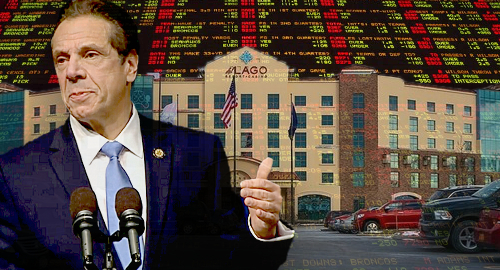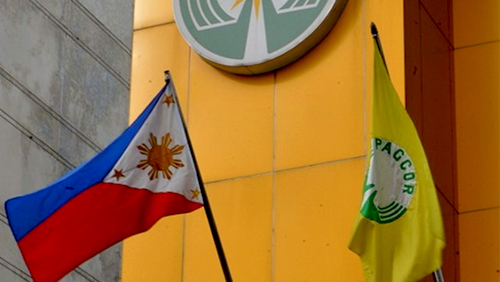New York’s sports betting hopes took a modest step forward on Tuesday after Gov. Andrew Cuomo included legalization plans in the state’s new budget plan.
On Tuesday, Cuomo delivered his 2019 State of the State Address, during which he claimed sports betting was “here and it’s a reality” following last spring’s US Supreme Court ruling that overthrew the federal betting prohibition. The question now facing the state is who will be permitted to offer betting in New York State.
The 2013 legislation that authorized construction of four new upstate commercial casinos allowed those casinos to offer sports betting pending a change in federal law. Those casinos have all inked prospective deals with betting operators and are positively gagging to welcome a new revenue stream.
Cuomo’s betting ambitions are short on specifics but the governor said he wants to “authorize sports betting in the upstate casinos” because “it will help generate activity” at those venues, which have so far failed to deliver on their original gaming revenue projections.





